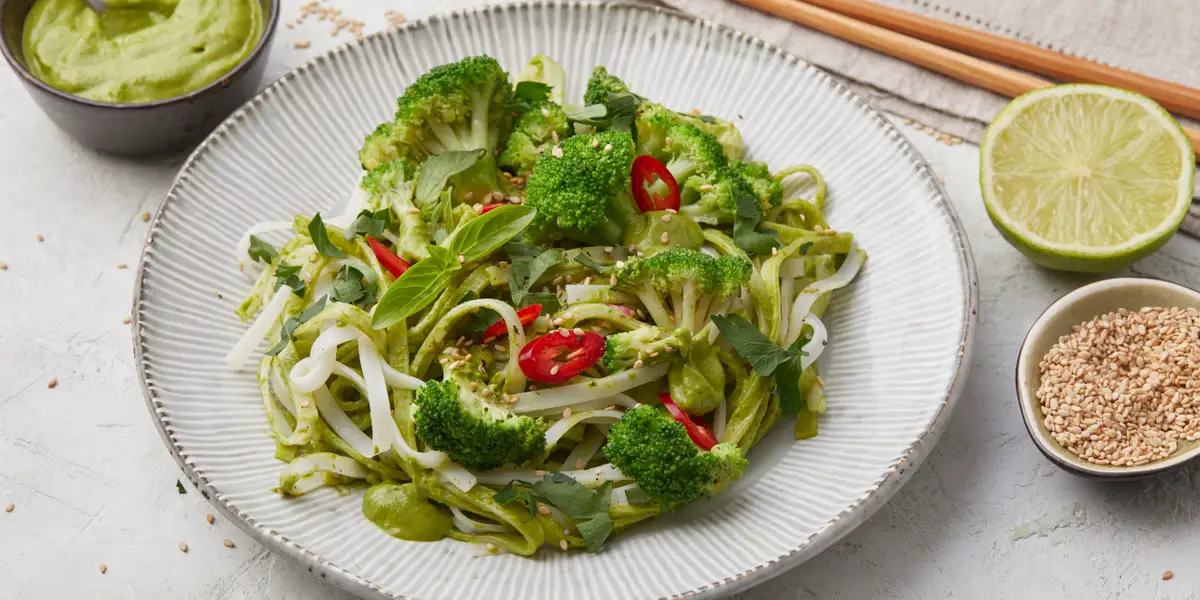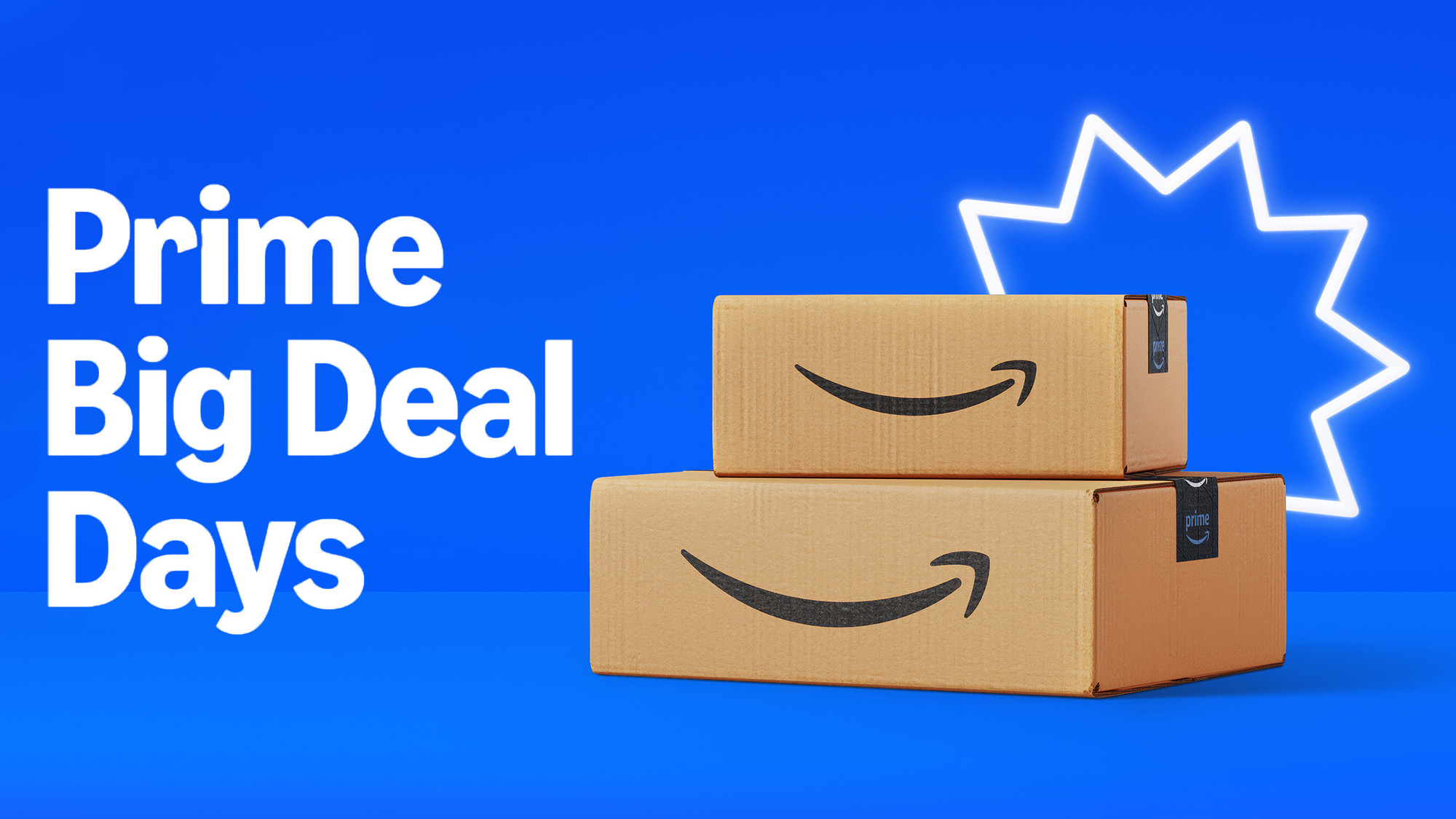
Hall recently isolated one key factor that may determine why we eat roughly 500 extra calories per day on ultra-processed diets.
To get foods to be more shelf-stable and avoid contamination, manufacturers often suck the moisture out of them. In general, this means there are more calories loaded into each bite of an ultra-processed food.
Hall calls this concept “energy density,” and in his studies, regardless of whether a meal is ultra-processed or not, he’s seen that if it includes more calories per gram, it can effortlessly lead to overeating.
To solve this, he suggests adding more vegetables — fresh or frozen — into your ultra-processed meals. Vegetables are low-calorie, filling, and nutrient-dense.
Making dinner in a rush? Go ahead and pour some ultra-processed marinara over a bunch of grilled veggies, then pair it with some whole-grain pasta, making a veggie-rich, lower-calorie dish ready in minutes.
“It’s made a much more tasty meal that now has lots of vegetables in it,” he said. “You’re using ultra-processed products to help make it easier for people to stick to the kinds of diets that nutrition scientists have recommended for a very long time.”
Sugary drinks like soda, juice, candy, refined grains, and processed meats have been linked for decades to all kinds of bad health outcomes, including obesity, cancer, and death.
Hall’s book suggests a higher tax on these foods. The government, he says, could use that tax revenue to promote and subsidize healthy replacements, making them more affordable and attractive.
Trump’s US Health and Human Services Secretary, Robert F. Kennedy Jr., hasn’t suggested a junk food tax, but he has suggested that sugary drinks and junk foods should be ineligible for SNAP benefits, the food stamps that low-income people, seniors, and people on disability benefits use to buy groceries.
Hall doesn’t think we should flatly demonize all ultra-processed foods or assume that everything natural is safe, non-toxic, and good for us.
“Look, it’s not an oxymoron to say that you can have a healthy ultra-processed food,” Hall told Business Insider.
Still, we should be putting up guardrails, especially when it comes to kids, he said.
In fact, US consumers subsidize the commercials for sugary cereals that kids see in between their cartoons. “A lot of people don’t realize that in America, food companies can write off their expenses for research, development, and marketing, which is often predatory marketing to children of unhealthy products,” Hall said.
“You could stop that relatively straightforwardly with a new law,” he continued, “but allow that for products that met the FDA definition of ‘healthy’ and weren’t ultra-processed, hyper-palatable, high energy-dense products.”
Hall proposes eliminating some restrictions on food stamps and letting people use SNAP to buy more healthy, prepared foods. He and his co-author, Belluz, are both busy parents who know how challenging it can be to cook from scratch every night.
Why not subsidize take-out restaurants “serving healthy prepared meals at competitive prices in underserved neighborhoods,” he asks?
This is not that different from what Google offers its workers at the office already.
“What if we decided that, like clean drinking water, access to delicious, convenient, healthy meals was considered an essential human right instead of a Silicon Valley employee perk?” the book asks. “Making healthy foods the accessible, prominent, and affordable default for everyone.”



